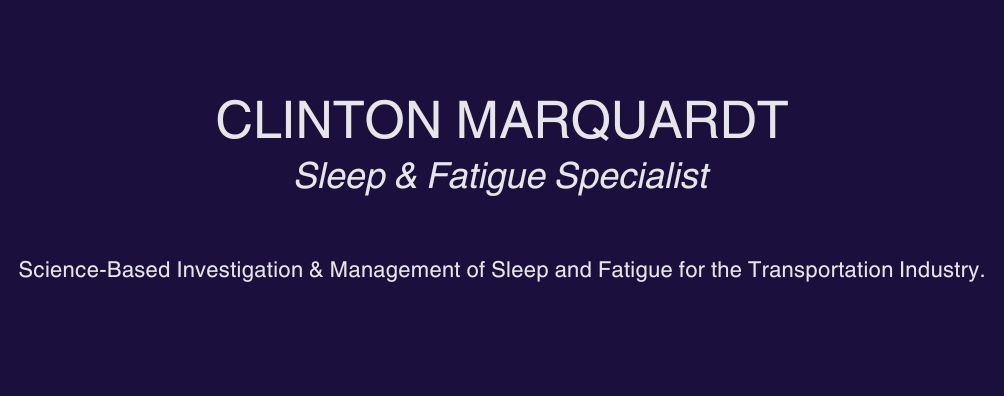As we enter adulthood there is a shift in our biological clock that makes us sleep less. Often times noise disruptions become more bothersome and our sleep becomes fragmented. Seniors rarely get the recommend dose of sleep. Many of us believe the myths that seniors require less sleep than younger people and that napping is the past time of retirees. However, sleep researchers suggest that seniors require seven to nine hours of sleep each night and that napping can actually increase the struggle with one’s biological clock. A fragmented sleep pattern like napping can cause daytime sleepiness and is not as therapeutic as a solid sleep.
sleep less. Often times noise disruptions become more bothersome and our sleep becomes fragmented. Seniors rarely get the recommend dose of sleep. Many of us believe the myths that seniors require less sleep than younger people and that napping is the past time of retirees. However, sleep researchers suggest that seniors require seven to nine hours of sleep each night and that napping can actually increase the struggle with one’s biological clock. A fragmented sleep pattern like napping can cause daytime sleepiness and is not as therapeutic as a solid sleep.

Any problem staying awake during the day is often a sign of a sleep disorder. Among seniors, sleep disorders are very common but often disregarded. Many of us have walked into another room in our house only to stand there, blankly trying to figure out what we went there for; or, set a timer and when it goes off, forgotten what it was set for in the first place. Often times this is just an infrequent bout of forgetfulness but when it begins to happen on a regular basis there is a problem. One sixty year old man with similar symptoms nearly lost his job before seeking help. Upon initial examination the doctors felt he was showing signs of Alzheimer’s disease. The nurse however, started to make note of the man’s loud snoring, pauses in his breathing, and frequent awakenings. Further testing showed that it was not as serious as Alzheimer’s but it was a disorder known as obstructive sleep apnea (OSA) that affects your ability to breathe while sleeping. The patient was fitted with a nighttime breathing device called CPAP (continuous positive airway pressure) and was soon back to being alert on the job.
While most sleep disorders are not life threatening and are often more subtle than OSA, they can still go a long way to ruining your quality of life. The sleep disruptions increase irritability and depression and decrease pain tolerance which can all worsen the effects of diseases such as arthritis. Not to mention that daytime sleepiness can make a person more prone to accidents in vehicles and elsewhere. This is partly because you are less alert and your tired muscles and reflexes are slower to react. Treatments for sleep disorders are often as simple as taking a hot bath before bed, putting up thicker curtains or educating one’s self on proper sleep habits. Others are caused by minor physical problems or ailments that can be fixed by switching medication or a change in diet.
While seniors may have to adjust their sleep behavior in order to get a good night’s rest, it does not mean they should actually sleep less. Any lack of ability to do so should be explored further with a health professional and not just be dismissed as part of the aging process.
Thanks to L. Orr, BA, RPSGT for her help with this article.


